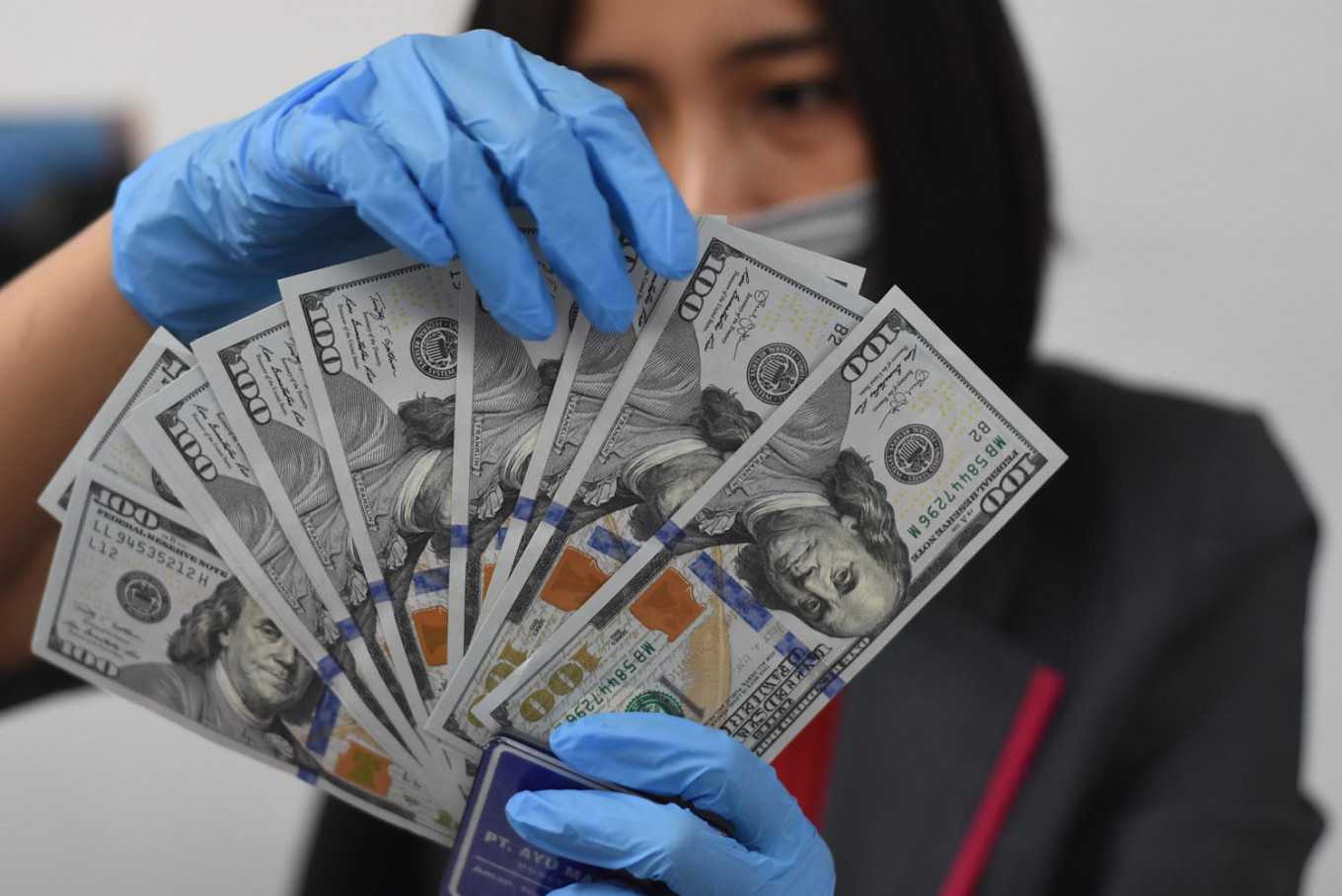Dollar hits two-week peak as 'second wave' virus fears drive safe-haven bid
12 May, 2020

The dollar rose to a two-week high against major peers on Tuesday, propelled by rising USA bond yields and increasing safe-haven demand amid growing fears in regards to a second wave of coronavirus infections, which sent riskier currencies lower.
The largest loser was the Australian dollar, which dropped about 0.8 percent to a one-week low, as the kiwi extended falls.
The euro fell below US$1.08 for the very first time in almost weekly and japan yen nursed an overnight loss of about 1 percent to sit at to 107.48 per dollar, underneath end of a variety it has kept since mid April.
The greenback was buoyed by a steepening US yield curve, as Federal Reserve officials talked down the chance of negative rates, and as the bond market braces for an immense borrowing spree from the united states Treasury.
As well, progress on plans to re-open economies has been overshadowed by worries about fresh infections of COVID-19 as easing of restrictions in South Korea and Germany were soon met by spikes in new cases there.
“It’s a small amount of yield support (for the dollar) and a general return of nerves,” said Westpac FX analyst Sean Callow, as April’s surge in riskier currencies fades away.
“Our base case has been for some time now that the chance bounce was overdone, we just don’t think (recovery) will likely be a straight line.”
The dollar has closely tracked investors’ risk aversion through the coronavirus crisis. However, rising longer-tenor yields as Washington prepares to borrow some $3 trillion this quarter have added some carry-trade attraction to the currency aswell.
Against a basket of currencies, the dollar hit a two-week high of 100.440, nearby the top end of the number which has held it for greater than a month.
Ten-year US Treasury yields rose above 0.7 percent for the very first time in a week overnight and held at 0.7099 percent in Asia, while two-year yields also kicked up after Atlanta Fed President Raphael Bostic said he's “not a major fan” of negative rates.
After punching above its 100-day moving average on Monday, the Aussie retreated and slipped to $0.6432 on Tuesday carrying out a report that China had suspended some meat imports from Australian abattoirs.
The unconfirmed report in The Australian newspaper, citing unnamed industry sources, was vague about the reason why but comes as tension over the origin and handling of the coronavirus chill relations between Australia and its biggest trading partner.
The kiwi slid 0.4 percent to $0.6047, while the euro and pound were a tad softer. The euro last sat at $1.0797 and the pound slipped 0.3 percent to $1.2300.
Besides virus headlines, markets want to Chinese consumer inflation data due at 0130 GMT, where an twelve-monthly rise of 3.7 percent is expected, according to a Reuters poll of economists.
Fed officials James Bullard and Patrick Harker are because of make remarks at 1300 GMT and 1400 GMT, respectively, ahead of a highly anticipated speech from chairman Jerome Powell on Wednesday.
Source: www.thejakartapost.com
TAG(s):
